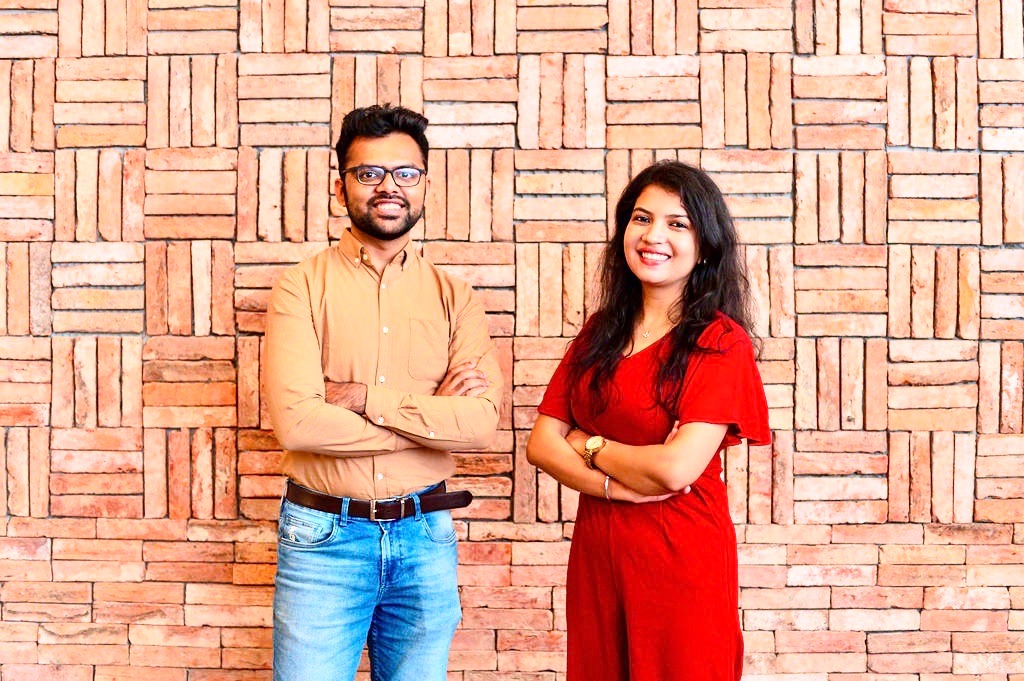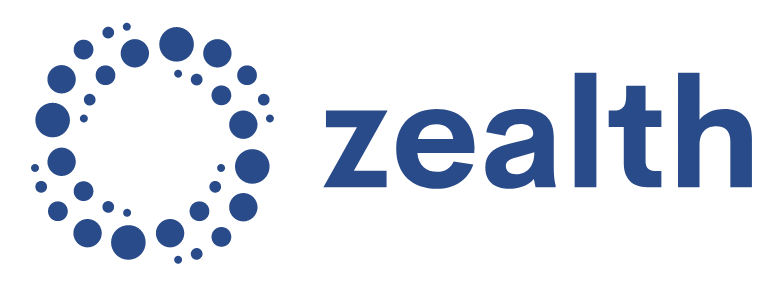
Earlier this week, India crossed Brazil to become the second worst-hit nation, reporting nearly 90,000 cases per day. The coronavirus pandemic is burdening an already crippled healthcare system of India, which is now struggling to provide proper treatment to the patients. In a bid to strengthen the Indian healthcare sector, Singapore and Mumbai-based Zealth.ai is aiming to help COVID-19 patients in home isolation get immediate medical support in case of emergency. Launched in February 2020 by Monika Mehta and Dheeraj Mundhra, the startup’s digital health platform is powered by artificial intelligence that provides a one-stop solution for real-time remote monitoring of COVID-19 patients, including vitals and patient-reported symptoms. In fact, the platform also enables doctors to make a timely intervention in case of an emergency. Before starting up, Monika worked as a clinical research lead at SingHealth and also served as a senior scientist in Chugai Pharma under the Roche group in Singapore. On the other hand, Dheeraj has an experience of six years in building multiple AI software for companies, ranging from American Express to startups like TinyOwl. A PhD holder from the School of Medicine at the National University of Singapore (NUS), Monika met Dheeraj — a dual-degree holder in Mathematics and Computer Sciences from IIT-Kharagpur — at an accelerator programme in Singapore earlier this year. Realising their common interest — the Indian healthcare system — the duo decided to launch Zealth.ai which would solve the problems in the sector. The healthtech startup graduated from an executive deep tech programme organised by Antler — a Singapore-based early-stage VC and tech startup accelerator. Monika claims that Zealth.ai was founded with a vision to help monitor cancer patients. However, due to the COVID-19 pandemic, the model was pivoted to help the country fight the deadly virus.
